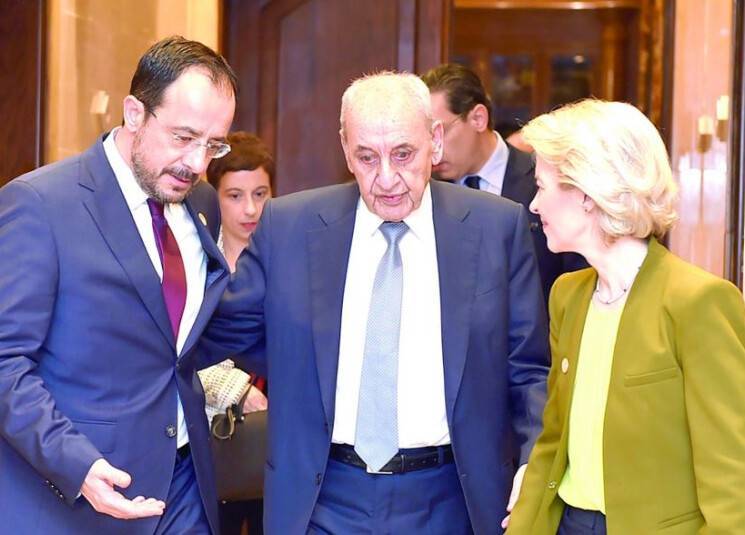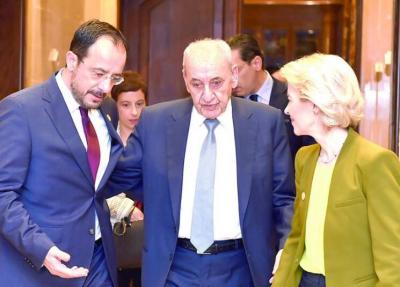The issue of Syrian refugees is heating up amidst rising tensions in the Lebanese street due to the escalating burdens of displacement, particularly at the economic and security levels. What began as a supposed billion-euro donation has turned into a heated affair! The injection of one billion euros has failed to alleviate the symptoms of the Syrian refugee crisis as intended; rather, it has worsened the situation by taking the form of European bribery to buy official silence in exchange for keeping refugees in Lebanon.
With the Free Patriotic Movement taking to the streets to protest the European approach to this issue, and the intensity of the internal political debate increasing regarding the official position amid a fierce attack on Prime Minister Najib Mikati from opponents of the billion, President Nabih Berri has called for a public session of the Parliament next Wednesday to discuss the developments of this issue and the circumstances of the agreement reached with the Europeans.
Berri confirms to "Al-Jumhouria" that the matter of the billion euros was not discussed with him, neither directly nor indirectly, during his meeting with the Cypriot President and the President of the European Commission during their recent visit to Beirut. He calls for a national responsible approach to the refugee file, away from populism and political maneuvering, hoping that the public session will offer an opportunity to realign the discussion on the basis that it is a shared concern requiring the cooperation of all to address it.
While awaiting the outcome of the parliamentary session, the internal conflict over the billion euros continues between two camps: the first asserts that the Lebanese state should reject this sedative amount and refrain from acting as a coast guard to prevent the flow of refugees to Europe, insisting on their return to their homeland and demanding that funds be directed to them in Syria rather than Lebanon. The second denies that the cost of the European grant is the refugees' stay, framing it instead as assistance to help the state bear the burdens of hosting them without relinquishing the demand for their return, and calling for avoiding a perspective focused on settling accounts with the Prime Minister.
Beyond this contention, informed circles state that the billion euros is just a storm in a teacup, noting that the EU already provides annual aid to Lebanon ranging between 140 and 160 million euros. What happened this time was essentially the aggregation of those funds with some increases added, announced as a single total to be disbursed in installments over the next four years. Thus, there is no substantial development in the volume of European aid to Lebanon; the adjustment is limited to the form and presentation for promotional purposes.
These circles point out that the manner of presentation has been detrimental specifically to Prime Minister Mikati due to poor management, while it can be concluded that the Cypriot president is the biggest winner because what occurred will be sold to his people as a significant achievement that protected Cyprus from the influx of Syrian refugees via illegal migration boats.
The circles also highlight that the mistake made by some Lebanese parties was raising expectations from the visit of the Cypriot president and the European Commission president. When the real outcome was revealed, it seemed as if a bucket of cold water had been thrown on the Lebanese. They reveal that the Europeans have been dealing with Lebanon as a fragmented entity after having understood well the scattered and fractured internal reality, thus benefiting from the multiplicity of references and approaches to the refugee issue to serve their interests.
They call for emulating the Jordanian or Turkish experience, where decisions are unified, and there is a central cell to manage the refugee file, while here each party has its own opinion and card. This necessitates unifying the Lebanese position and then using all possible pressure tools, both popular and political, to strengthen and fortify that position; otherwise, the current weakness will not assist in confronting the most dangerous existential challenge facing Lebanon.




